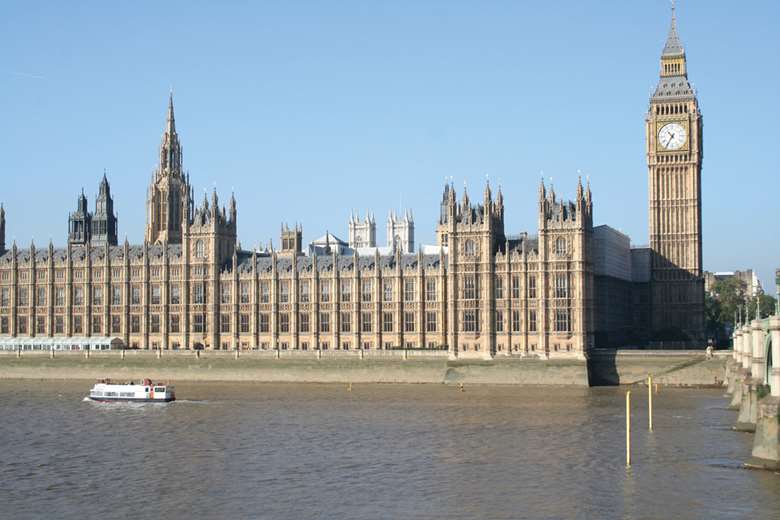Youth services 'decimated' despite Cabinet Office move
Laura McCardle
Tuesday, July 1, 2014
The transfer of the youth portfolio to the Cabinet Office a year ago has failed to prevent the "decimation" of youth services, a children's rights campaigner has said.

Jan Cosgrove, national secretary of Fair Play for Children, has likened the government’s handling of youth services to a “car crash” a year after the portfolio was transferred from the Department for Education to the Cabinet Office.
The government handed responsibility for youth policy to the Cabinet Office and civil society minister Nick Hurd on 1 July 2013 – a decision that saw the policy removed from the education portfolio for the first time since World War II.
At the time, Hurd told CYP Now that the decision to transfer the policy seemed “very logical” due to the Cabinet Office being central to Whitehall decision making.
However, Cosgrove said he thought youth work was removed from the DfE because it was no longer wanted there and that he had seen nothing over the past year to support the move to the Cabinet Office.
“I’ve never seen a good reason why it was taken away in the first place," he said. “This has been done with virtually nothing in place and I’ve seen nothing that’s given me any confidence that this has been done seriously.
“Youth services have been decimated completely at the hands of [Education Secretary] Michael Gove. It’s a car crash out there for youth services and I put that wholly at the hands of the government.”
Cosgrove's comments follow recent concerns raised by Jane Slowey, chief executive of the Foyer Federation, over how effective the Cabinet Office can be when the DfE remains responsible for the funding for local authorities to deliver youth services.
She said: “The real question is how influential can the Cabinet Office be when the bulk [of money] sits within the DfE?
“Where are the resources going to come from to try out some of the exciting ideas that are emerging?”
A number of councils have been forced to streamline their youth offer this year as a result of budget cuts.
In June, Devon County Council approved plans to close 24 of its 32 youth centres in an attempt to cut £1m from its £3.7m youth service budget, while Wiltshire Council voted to scrap its universal offer in favour of a community-led model in May as part of a bid to save £190,000 from the department's £1.2m budget.
However, Dom Weinberg, policy manager at the National Council for Voluntary Youth Services, welcomed the transfer of the policy last year.
He said: “We still believe that a holistic, cross-governmental youth policy is the best possible move the government could make to harness the energy and potential of young people as well as maximising resources to ensure appropriate youth support.
“While devolving commissioning of services to a local level can help identify community needs and assets, a strong central government policy for youth is vital.
“It does not necessarily matter who in government drives this, as long as the responsible government department’s mandate is understood by all ministers and there are systems to support it.”
Fiona Blacke, chief executive of the National Youth Agency, also said she supported the move last year, but called for the Cabinet Office to take greater ownership of youth policy.
She said: “The Cabinet Office has a co-ordinating role across government and, because of this, I was supportive of the move of youth policy from the DfE. But we need the Cabinet Office to play a greater leadership role on behalf of the government, joining up existing youth initiatives and funding streams from other government departments to focus on supporting young people to reach their full potential.
“We need to make the most of the cross-government role as that is the key to effective youth policy.”
In April, Cosgrove criticised Michael Gove for neglecting Section 507B of the Education and Inspections Act 2006 and for failing to ensure local authorities act in accordance with the legislation.
The DfE and the Cabinet Office have been contacted for comment.




